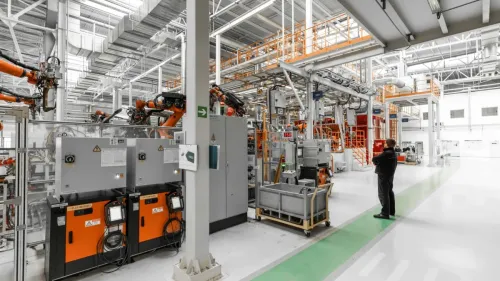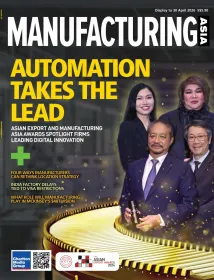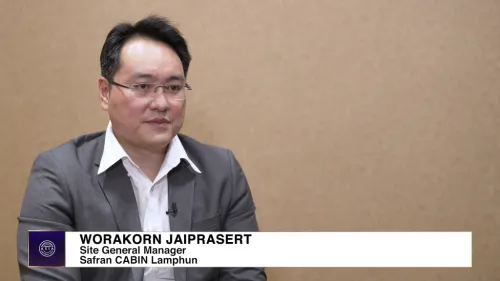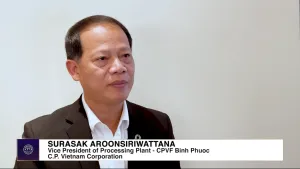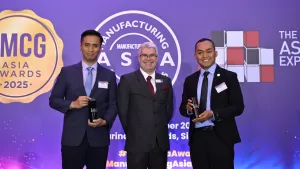
2 in 3 C-suite execs find talent supply as the top concern for the semiconductor industry
It outpaces supply chain and digital transformation.
Talent acquisition and retention are top issues and strategic priorities for the industry in the next three years, 2023 KPMG Global Semiconductor Industry Outlook report showed.
“The primary challenge is that there is simply not enough talent with the specialised skills needed to design chips and the software that goes with them,” the report reads.
“Strategic investments amongst major global economies to boost domestic manufacturing of semiconductor technology are having ripple effects through the ecosystem. In particular, they are exacerbating the struggle for talent as chipmakers expand their workforces and shuffle their supply bases to boost capacity within their own borders,” said Lincoln Clark, leader, KPMG Global Semiconductor Practice.
In addition to the talent strain, tech giants, platform companies, and now some automotive companies are developing their own chips and silicon capabilities, competing with traditional chip manufacturers for specialised talent.
Another challenge in the semiconductor industry is the trend towards “tech sovereignty” and the nationalisation of semiconductor technology and intellectual property. Major global economies are enacting legislation to bring chip manufacturing back home instead of relying on foreign supply chains. Semiconductor executives rank this trend as a top concern, tied with the prominence of Taiwan in the supply chain. The same concern also ranks second amongst all industry issues over the next three years, tied with global inflation and government responses and behind only talent risk.
Despite looming mandatory reporting requirements, only 10% of respondents rank formalising Environmental, Social, and Governance (ESG) reporting as a top three strategic priority. Cybersecurity risk is also a middle-of-the-pack strategic priority, with only 15% of respondents ranking it as a top-three concern.
Transformative merger and acquisition activity and divestments of non-core business units were also ranked lower as strategic priorities. Most companies that plan to engage in acquisitions and divestments in the next three years say they will be primarily pursuing small-scale deals, as regulatory roadblocks and economic constraints are driving down transactional activity in the semiconductor ecosystem.
Overall, the report suggests that talent is the hottest topic in the semiconductor C-suite, and the industry must find ways to attract and retain specialized talent while navigating geopolitical concerns and other strategic issues.
